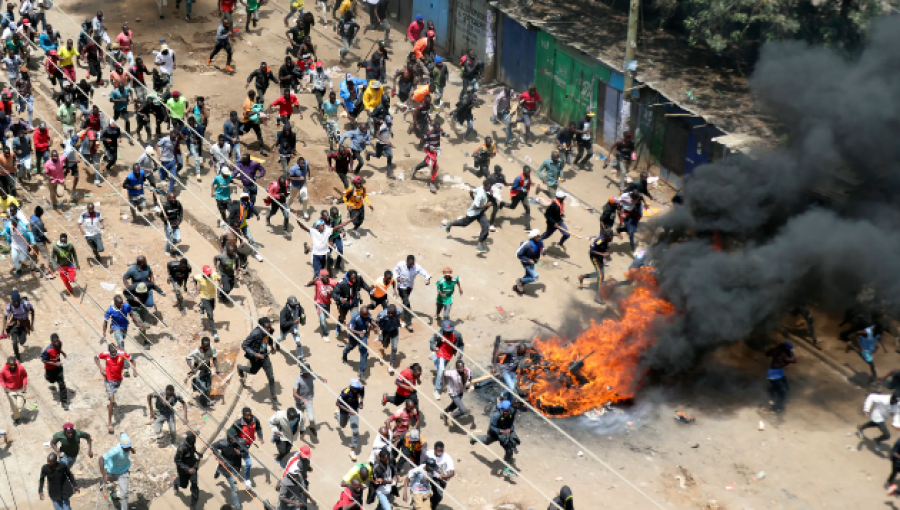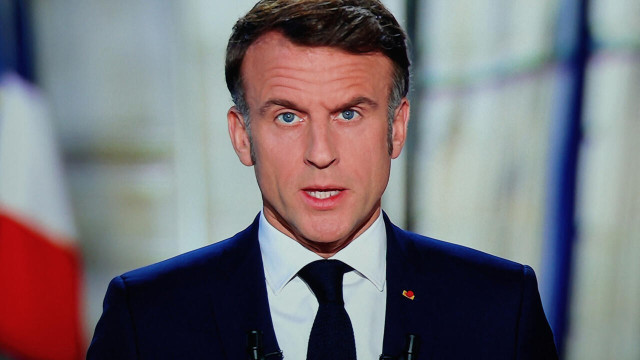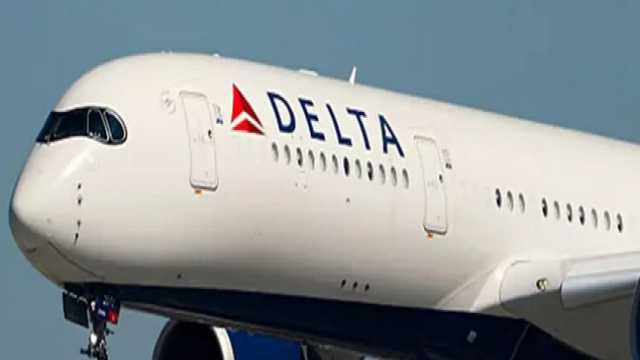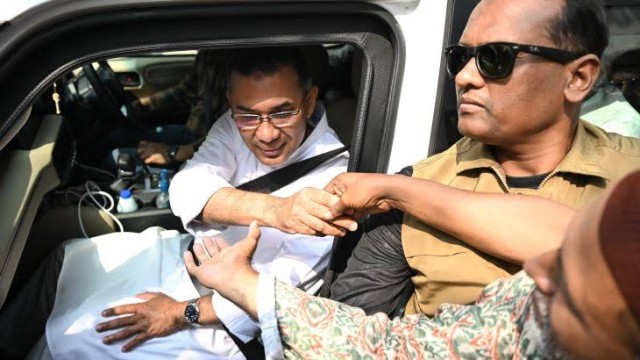Kenyan police were on high alert in Nairobi on Thursday, setting up roadblocks and patrolling the streets in response to planned anti-government protests. The demonstrations, primarily led by Gen-Z Kenyans, are in opposition to President William Ruto's administration, which has been in power for two years.
Acting police chief Gilbert Masengeli issued a warning on Wednesday about potential criminal infiltration of the protests, advising the public to avoid protected areas like the main international airport and State House, the president's official residence. He also mentioned that "adequate security personnel" had been deployed and urged the public to exercise caution in crowded areas that could turn riotous.
The protests, known as "Nane Nane" or Eight Eight in Swahili to mark August 8, have seen declining participation recently, but new calls for demonstrations were circulated online. These protests, which started in June, began as peaceful rallies against proposed tax hikes but have since expanded to broader grievances against government spending and corruption.
At least 60 people have died since the protests began, with police accused of excessive force and firing live bullets at protesters. Rights groups have also reported that dozens of people have gone missing.
In response to the ongoing crisis, President Ruto has made several concessions, including scrapping the proposed tax hikes, overhauling his cabinet, and implementing deep budget cuts. However, he remains under pressure from international lenders to improve government finances to address Kenya's $78 billion debt, while ordinary Kenyans continue to struggle with a cost-of-living crisis.
Government spokesman Isaac Mwaura urged young Kenyans to avoid unchecked protests, warning that they could lead to further economic hardships and hinder employment opportunities. He also claimed that misinformation had fueled the protests and advised people to disregard calls to violence.































Comment: